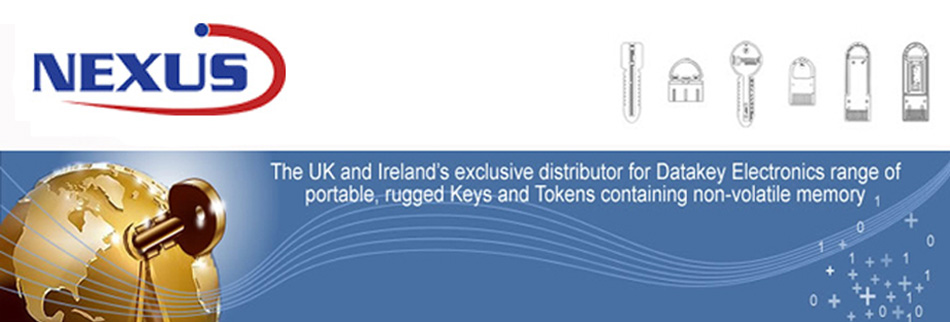The number of high profile data losses as the result of misplaced portable memory is increasing at an alarming rate. This was demonstrated last month when a memory stick containing sensitive information about police operations was stolen from a Police Officer's home in Oldham. Although faced with public outrage Oldham police have handled the situation admirably, by honestly admitting guilt and promising to look at procedures within the department.
Even more recently a medical student who copied the private data of 87 patients onto a memory stick and then lost it, has landed the University Hospital of South Manchester in trouble with the Information Commissioner’s Office (ICO).
Cyber threats like these are on the increase and, in particular, the loss of information stored on portable memory devices is rife. The disappointment for me is that the specialist technology already exists to stop this happening. However, organisations handling crucial data persist in trying to get by with password protected versions of consumer memory devices.
It reminds me of the legend of Icarus flying too close to the sun. Icarus’ father used wax and feathers to create wings - the wrong tools for the job. In the same way, data owners persist in using devices intended for storing photos and Word documents to handle confidential data. Icarus’ Father, aware of the limitations of his chosen materials, told Icarus to stay away from the sun. Similarly, when equipping their staff with the wrong memory devices, organisations give them advice they know will not be followed, “always password protect and keep the device safe”.
Specialist memory devices, that don’t require further password protection, should become the norm for any Government officials handling sensitive data or individuals’ personal information. Cyber threats, as well as people’s safety should be at the core of police concerns and in order to protect businesses and the public, the issue needs to be addressed at regulatory level.
Tuesday 27 September 2011
Thursday 8 September 2011
USB alternative set to help bungling data owners
Since portable memory became so common there have been several heavily publicised incidents in which Government departments or private businesses lost confidential information stored on CDs and USB sticks. Now, a new product from Sussex based technology specialist Nexus GB could put an end to the problem. The innovative new data carrier system means no one other than the intended user can read the content.
Earlier this year a memory stick holding the passwords for a Government computer system was lost by a member of staff and found in the car park of a pub in Staffordshire. In May 2009 the personal medical records of tens of thousands of people were lost by the NHS in a series of serious data security leaks.
These kinds of problems can now be avoided by using Nexus’ new portable memory system; the RUGGEDrive™. The unique physical connection between the memory receptacle and portable memory token ensures that the information stored cannot be readily transferred to unauthorised PCs because they would lack RUGGEDrive™ receptacles.
The receptacles can be added to computers when they are being manufactured or they can be retrofitted at a later date. Nexus GB believes that this system could be the answer in multiple business sectors where data loss is a risk. Furthermore, because the system is only available as a B2B sale directly from Nexus GB, it isn’t possible to obtain compatible tokens or receptacles without the permission of the original customer.
“RUGGEDrive™ is a real step forward in data security,” explained Victoria Barrett, Nexus GB’s marketing and PR director. “Any data lost in a pub or left on a bus would be impossible to access and totally protected! This is even more important in today’s social media and citizen journalism landscape, in which lost data will definitely make its way into the media or onto the black market.”
Furthermore, RUGGEDrive™ receptacles help protect the user from viruses and other malicious files such as malware and Trojans. For instance, if a member of staff takes a document home using a USB or CD, the file can become infected on their private PC. When they return to work and plug the USB back into their work laptop, the virus is transferred into the company’s network. This situation is impossible to replicate with RUGGEDrive™.
A further benefit of these rugged, portable memory devices is their reliability; the receptacles are rated for 50,000 usage cycles. This is a distinct advantage over most consumer-grade USB and SD connectors which are only rated for 1,500 and 10,000 cycles respectively.
Subscribe to:
Posts (Atom)

